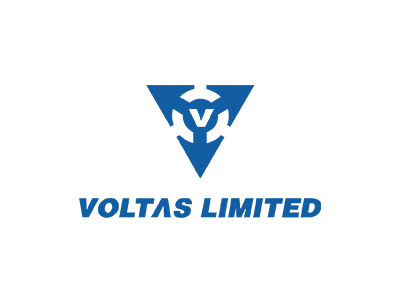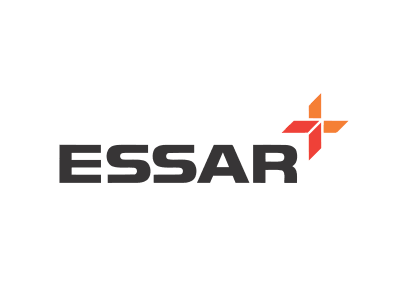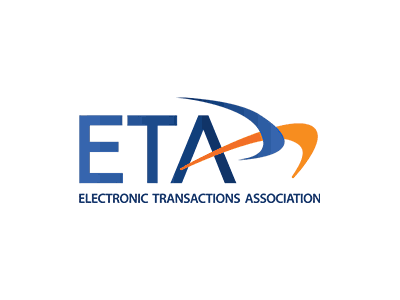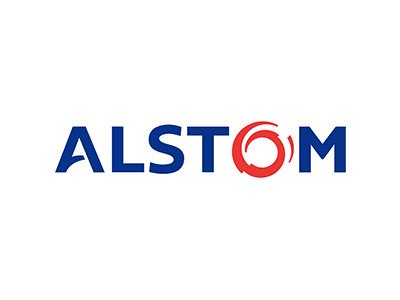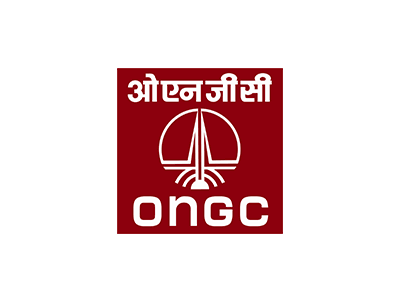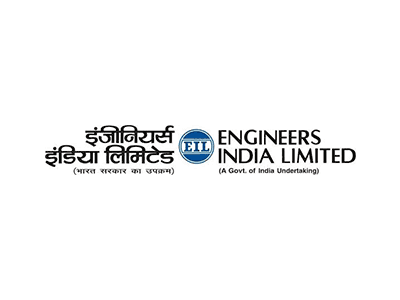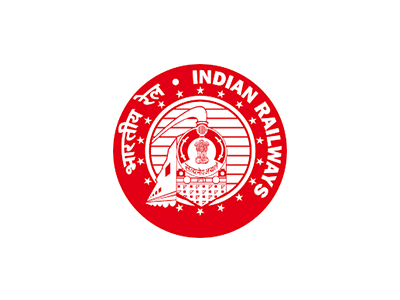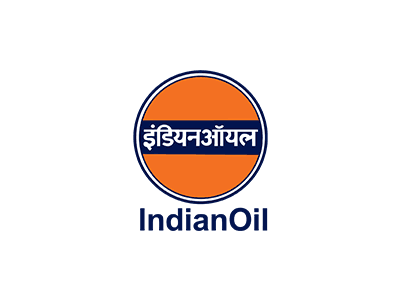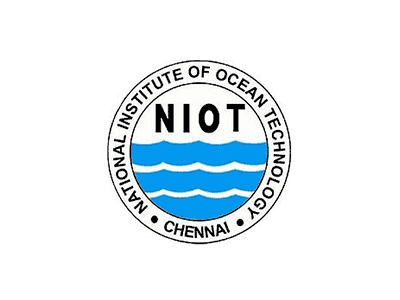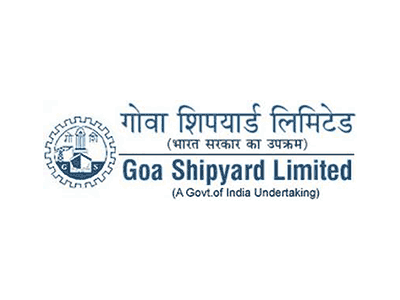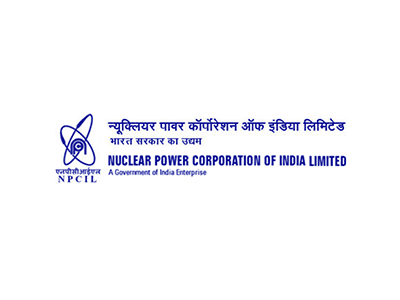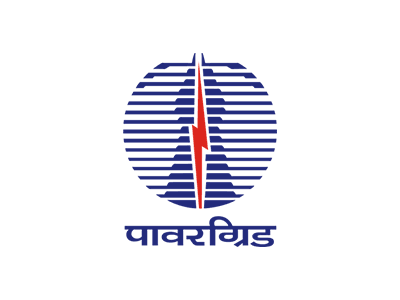CORPORATE SOCIAL RESPONSIBILITY POLICY (CSR) POLICY
(Reviewed and approved by the Board of Directors of the Company on February 27, 2021)
Our Company believes being part of the community where it operates its businesses and making a significant and sustainable contribution to environment which makes a meaningful difference to the community. With the rapidly changing corporate environment, more functional autonomy, operational freedom etc., Company has adopted CSR policy as a strategic tool for sustainable growth. For Company in the present context, CSR policy adopted by the Company is not just tool of investment of funds for Social Activity but also efforts to integrate Business processes with Social processes.
COMPOSITION OF CORPORATE SOCIAL RESPONSIBILITY (CSR) COMMITTEE
1. MR. NISHIT MORAKHIA - CHAIRMAN
2. MR. SHAILESH KHAMAR - MEMBER
3. MR. VIKAS SARAF - MEMBER

The vision is to contribute to the social and economic development of the community where we operate. To accomplish passionate commitment to the social obligation towards social, financial and educational upliftment of people belonging to economically weaker sections of the society. To directly or indirectly take up programmes that benefit the society by making sustained positive contribution to the welfare of society at large.

Pursuant to Section 135 (1) of the Companies Act, 2013, and the Companies (Corporate Social Responsibility Policy) Rules, 2014, both of which came into force on April 01, 2014, every company having net worth of rupees five hundred crore or more, or turnover of rupees one thousand crore or more or a net profit of rupees five crore or more during any financial year shall constitute a Corporate Social Responsibility Committee of the Board consisting of three or more directors, out of which at least one director shall be an independent director.
Provided that where a company is not required to appoint an independent director under sub-section (4) of section 149, it shall have in its Corporate Social Responsibility Committee two or more directors.
Pursuant to Section 135 (9), however, where the amount to be spent by the company under Section 135(5) does not exceed fifty lakh rupees, the requirement for constitution of a CSR Committee shall not be applicable and the functions of CSR Committee in such case may be discharged by the Board of Directors.
In compliance with the above provisions, the Corporate Social Responsibility (CSR) Committee of the Company was constituted with
the following Directors as Chairman / Members of the CSR Committee:
1. Mr. Nishit Morakhia, Chairman (Promoter Director)
2. Mr. Ganpat Mehta, Member (Promoter Director)
3. Mr. Sanjay Shah, Member (Promoter Director)
As per the Board Mandate, the CSR Committee meets as and when required. Quorum is two members present.

“Act” means the Companies Act, 2013.
“Administrative overheads” means the expenses incurred by the company for ‘general management and administration’ of Corporate Social Responsibility functions in the company but shall not include the expenses directly incurred for the designing, implementation, monitoring, and evaluation of a particular Corporate Social Responsibility project or programme.
“Corporate Social Responsibility (CSR)” means the activities undertaken by a Company in pursuance of its statutory obligation laid down in
section 135 of the Act in accordance with the provisions contained in CSR rules, but shall not include the following, namely:
(i) activities undertaken in pursuance of normal course of business of the company:
Provided that any company engaged in research and development activity of new vaccine, drugs and medical devices in their normal course of
business may undertake research and development activity of new vaccine, drugs and medical devices related to COVID-19 for financial years
2020-21, 2021-22, 2022-23 subject to the conditions that –
(a) such research and development activities shall be carried out in collaboration with any of the institutes or organisations mentioned in
item (ix) of Schedule VII to the Act; and
(b) details of such activity shall be disclosed separately in the Annual report on CSR included in the Board’s Report.
(ii) any activity undertaken by the company outside India except for training of Indian sports personnel representing any State or
Union territory at national level or India at international level;
(iii) contribution of any amount directly or indirectly to any political party under section 182 of the Act;
(iv) activities benefitting employees of the company as defined in clause (k) of section 2 of the Code on Wages, 2019;
(v) activities supported by the companies on sponsorship basis for deriving marketing benefits for its products or services; and
(vi) activities carried out for fulfilment of any other statutory obligations under any law in force in India.
“CSR Committee” means the Corporate Social Responsibility Committee of the Board referred to in section 135 of the Act.
“CSR Policy” means a statement containing the approach and direction given by the board of a company, taking into account the recommendations of its CSR Committee, and includes guiding principles for selection, implementation and monitoring of activities as well as formulation of the annual action plan.
“International Organisation” means an organisation notified by the Central Government as an international organisation under section 3 of the United Nations (Privileges and Immunities) Act, 1947, to which the provisions of the Schedule to the said Act apply.
“Net profit” means the net profit of a company as per its financial statement prepared in accordance with the applicable provisions of the Act, but shall not include the following, namely: -
i. any profit arising from any overseas branch or branches of the company, whether operated as a separate company or
otherwise; and
ii. any dividend received from other companies in India, which are covered under and complying with the provisions of section 135 of the Act.
“Ongoing Project” means a multi-year project undertaken by a Company in fulfilment of its CSR obligation having timelines not exceeding three years excluding the financial year in which it was commenced, and shall include such project that was initially not approved as a multi-year project but whose duration has been extended beyond one year by the board based on reasonable justification.
“Public Authority” means ‘Public Authority’ as defined in clause (h) of section 2 of the Right to Information Act, 2005.

The Corporate Social Responsibility Committee shall:
(i) formulate and recommend to the Board, a Corporate Social Responsibility Policy which shall indicate the activities to be undertaken by
the company in areas or subjects, specified in Schedule VII of the Companies Act, 2013;
(ii) recommend the amount of expenditure to be incurred on such activities; and
(iii) monitor the Corporate Social Responsibility Policy of the company from time to time.
(iv) Formulation of Annual Action Plan:
The CSR Committee shall formulate an annual action plan (beginning with the Financial Year 2021-22) and recommend the same to the Board,
which shall include the following, namely:
a. the list of CSR projects or programmes that are approved to be undertaken in areas or subjects specified in Schedule VII of the Act;
b. the manner of execution of such projects or programmes;
c. the modalities of utilization of funds and implementation schedules for the projects or programmes; and
d. monitoring and reporting mechanism for the projects or programmes.

The Board of Directors of the Company shall:
i. after taking into account the recommendations made by the CSR Committee, approve the CSR Policy for the Company and disclose the
contents of such policy in its Board Report and also place it on the Company's website.
ii. ensure that the activities as are included in CSR Policy of the Company are undertaken by the Company.
iii. ensure that the Company spends, in every financial year, at least 2% of the average net profits of the Company made during the
three immediately preceding financial years in pursuance of its CSR Policy.
iv. satisfy itself that the funds disbursed in respect of fulfilment of CSR obligation have been utilised for the purposes and
in the manner as approved by it and the Chief Financial Officer or the person responsible for financial management shall certify to the effect.
v. monitor the implementation of the ongoing project with reference to the approved timelines and year-wise allocation and
shall be competent to make modifications, if any, for smooth implementation of the project within the overall permissible time period.
vi. ensure that the administrative overheads shall not exceed five percent of total CSR expenditure of the company for the financial year.
The Board shall include in its Report the annual report on CSR Projects as per the format prescribed from time to time.

The Company is eligible to undertake any of the following suitable/rightful activity as specified in Schedule
VII to the Act and also amended from time to time:
i. Eradicating hunger, poverty and malnutrition, promoting health care including preventive health care and sanitation, including
contribution to the Swachh Bharat Kosh set-up by the Central Government for the promotion of sanitation and
making available safe drinking water;
ii. Promoting education, including special education and employment enhancing vocation skills especially among children,
women, elderly and the differently abled and livelihood enhancement projects.
iii. Promoting gender equality, empowering women, setting up homes and hostels for women and orphans; setting up old age
homes, day care centres and such other facilities for senior citizens and measures for reducing inequalities faced by socially
and economically backward groups;
iv. Ensuring environmental sustainability, ecological balance, protection of flora and fauna, animal welfare, agroforestry,
conservation of natural resources and maintaining quality of soil, air and water including contribution to the Clean Ganga
Fund set-up by the Central Government for rejuvenation of river Ganga;
v. Protection of national heritage, art and culture including restoration of buildings and sites of historical importance and
works of art; setting up public libraries; promotion and development of traditional art and handicrafts;
vi. Measures for the benefit of armed forces veterans, war widows and their dependents, Central Armed Police Forces
(CAPF) and Central Para Military Forces (CPMF) veterans, and their dependents including widows;
vii. Training to promote rural sports, nationally recognised sports, Paralympic sports and Olympic sports;
viii. Contribution to the prime minister's national relief fund or Prime Minister’s Citizen Assistance and Relief in
Emergency Situations Fund(PM CARES Fund)or any other fund set up by the central govt. for socio economic development
and relief and welfare of the schedule caste, tribes, other backward classes, minorities and women;
ix. (a) Contribution to incubators or research and development projects in the field of science, technology, engineering
and medicine, funded by the Central Government or State Government or Public Sector Undertaking or any agency of the Central
Government or State Government; and
(b) Contributions to public funded Universities; Indian Institute of Technology (IITs); National Laboratories and
autonomous bodies established under Department of Atomic Energy (DAE); Department of Biotechnology (DBT); Department
of Science and Technology (DST); Department of Pharmaceuticals; Ministry of Ayurveda, Yoga and Naturopathy, Unani,
Siddha and Homoeopathy (AYUSH); Ministry of Electronics and Information Technology and other bodies, namely Defence
Research and Development Organisation (DRDO); Indian Council of Agricultural Research (ICAR); Indian Council of Medical
Research (ICMR) and Council of Scientific and Industrial Research (CSIR), engaged in conducting research in science,
technology, engineering and medicine aimed at promoting Sustainable Development Goals (SDGs).
x. Rural development projects;
xi. Slum area development; and
xii. Disaster management, including relief, rehabilitation and reconstruction activities.

i. CSR Projects need to be identified and planned for approval of the CSR Committee, with estimated
expenditure and phase wise implementation schedules.
ii. The Company shall ensure that in identifying its CSR Projects, preference shall be given to the local area and are
as around which the Company (including its Units) operates. However, this shall not bar the Company from pursuing
its CSR objects in other areas.
iii. As a cardinal principle, the CSR Projects shall be identified on the basis of a detailed assessment survey.
Every year, the CSR Budget, along with its implementation schedule shall be presented to the Board, by the CSR Committee,
for its approval.
iv. The Members of the CSR Committee of the company are authorized severally to decide the Projects to be
implemented as approved by the CSR Committee.
v. The CSR Committee may engage external professionals/firms/agencies if required for the purpose of identification of CSR Projects.

(1) The Board shall ensure that the CSR activities are undertaken by the Company itself or through -
i. a company established under section 8 of the Act, or a registered public trust or a registered society, registered under
section 12A and 80 G of the Income Tax Act, 1961, established by the company, either singly or along with any other company, or
ii. a company established under section 8 of the Act or a registered trust or a registered society, established by the
Central Government or State Government; or
iii. any entity established under an Act of Parliament or a State legislature; or
iv. a company established under section 8 of the Act, or a registered public trust or a registered society,
registered under section 12A and 80G of the Income Tax Act, 1961, and having an established track record of at
least three years in undertaking similar activities.
(2) The company may engage international organisations for designing, monitoring and evaluation of the
CSR projects or programmes as well as for capacity building of their own personnel for CSR.
(3) The company may also collaborate with other companies for undertaking projects or programmes or CSR activities
in such a manner that the CSR committees of respective companies are in a position to report separately on such projects or programmes.

The CSR committee will be responsible for the monitoring of various CSR Projects, Programs or Activities undertaken
by the Company directly or indirectly. The Committee shall ensure that CSR Projects, Programs or Activities:
i. Are undertaken as provided in the CSR policy.
ii. Are implemented as approved by the Board.
iii. The budget allocated is utilized as per the approved plans.
iv. The objectives are achieved in consonance with this policy.

CSR Funds
The corpus for the purpose of carrying on the aforesaid activities would include the followings:
i. 2% of the average Net Profits of the Company made during the three immediately preceding Financial Years
(calculated in accordance with the provisions of Section 198, excluding any profit arising from any overseas
branch or branches of the Company, whether operated as a separate Company or otherwise);
ii. any income arising there from; and
iii. surplus arising out of CSR activities carried out by the company and such surplus shall not
form a part of business profit of the company.
CSR Expenditure
i. Administrative overheads shall not exceed five percent of total CSR expenditure of the company for any financial
year (or such percentage as may be prescribed by law from time to time).
ii. Any surplus arising out of the CSR projects or programs shall not form part of the business profit of the
company and shall be ploughed back into the same project or shall be transferred to the Unspent CSR Account and
spent in pursuance of this CSR policy and annual action plan of the company.
iii. Where the company spends an amount in excess of requirement provided under section 135(5)of the Act,
such excess amount shall be set off against the requirement to spend under section 135(5)of the Act, up to
immediate succeeding three financial years subject to the conditions that –
a. the excess amount available for set off shall not include the surplus arising out of the CSR activities; and
b. the Board of the company shall pass a resolution to this effect.
“Unspent CSR Account” refers to an account opened as such by the Company with its Bank to transfer the amount
remaining unspent at end of Financial Year which relates to any ongoing project.

The documents relating to CSR activities shall be maintained for the period as prescribed under Companies Act, 2013, as amended and as per the policy for preservation of documents of the Company.

The CSR Committee is empowered to amend and recommend the CSR Policy to the Board for their approval. The Board may subject to compliance with applicable law, at any time approve, alter and amend the CSR Policy, as it deems fit to comply with the statutory obligation to undertake the CSR Activities.













